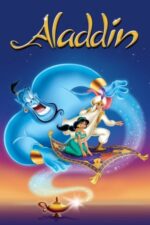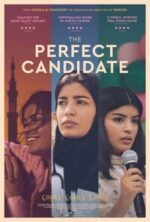Beyond Stereotypes: Exploring Arab Identity Through Cinema
Hey everyone! Let’s talk about something really fascinating – how cinema portrays and, more importantly, explores Arab identity. It's a topic that deserves far more nuance than you often see in mainstream media, and thankfully, filmmakers are increasingly stepping up to offer richer, more complex perspectives. For too long, the image of the "Arab" has been flattened into tired tropes – think desert nomads or villains in action flicks. But there’s so much more to it than that, a vibrant tapestry of cultures, histories, and experiences.
What I love about cinema is its ability to peel back those layers. Take, for example, “The Red Sea Makes Me Wanna Cry.” It's not a film about grand political statements; instead, it’s an incredibly intimate portrait of grief and memory set against the backdrop of Aqaba, Jordan. The desolate beauty of the location itself becomes a character, reflecting the protagonist’s internal landscape – that sense of loss and longing is palpable. It’s a powerful reminder that Arab experiences are deeply personal, shaped by individual stories and connections to place.
Then you have films like “MAMA,” which tackles the incredibly difficult subject of family separation and immigration with such sensitivity. It's a story many Syrian American families can relate to – that agonizing wait, the hope mingled with fear, all playing out in the sterile environment of a hotel room. It’s a stark contrast to the often-glamorized portrayals we see elsewhere, grounding us in the very real anxieties faced by so many.
Now, I know what you might be thinking: "Okay, that's serious stuff! What about something lighter?" And yes, even within those heavier themes, there’s room for humor and adventure. “Carry On Follow That Camel” is pure escapism – a delightfully silly romp with a disgraced man joining the Foreign Legion. It’s not necessarily about Arab identity in a profound way, but it does offer a glimpse into a specific historical context and showcases the diversity of experiences within that region.
And let's not forget films like "The Garden of Allah," which uses the stunning desert landscape to explore themes of faith, desire, and rebellion – universal human struggles played out against a backdrop of rich cultural traditions. It’s visually arresting and emotionally resonant.
Finally, documentaries like “Promises” are invaluable. Seeing the world through the eyes of young Palestinians and Israelis offers an unparalleled opportunity for empathy and understanding. It's a powerful reminder that even amidst conflict, there is hope and a shared humanity.
Ultimately, these films – and so many others – demonstrate that portraying Arab identity isn’t about ticking boxes or fulfilling stereotypes. It’s about telling human stories, exploring complex emotions, and celebrating the richness of a culture too often misunderstood. I encourage you to seek them out; they're not just movies—they're windows into worlds waiting to be discovered.
What films have you found that offer compelling perspectives on Arab identity? Let’s chat in the comments!


































